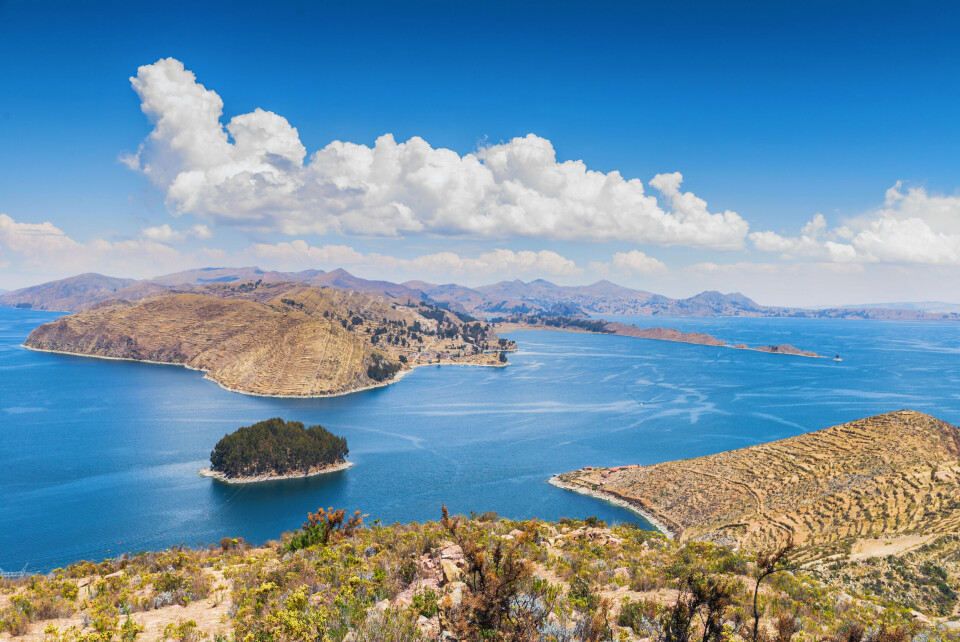-
Dates 2026: Family allowance payments and other French benefits
The payment date varies if it falls on a weekend
-
Dordogne villages suffer burglaries: How to protect your property
A series of break-ins have been reported over the Christmas period
-
‘It’s the place we are happiest’: George Clooney and family become French
‘My kids have a much better life [and] speak perfect French’, the Hollywood star says
French Paralympian and quadruple amputee finishes epic 122km lake swim
Double world champion Théo Curin and his team swam across Lake Titicaca in the Andes in 11 days, battling ‘life-threatening’ conditions, after a year of training in France

French Paralympic swimmer and quadruple amputee Théo Curin has successfully swum across Lake Titicaca in 11 days, along with his teammates Malia Metella and Matthieu Witvoet.
French Olympic swimmer Ms Metella won a silver medal at the 2004 Olympic Games, while Mr Witvoet is an endurance swimmer and public speaker, and calls himself an “eco adventurer”. Mr Curin is himself a double world champion in swimming.
The team set off from Bolivia on November 10, and made a 122km journey to the island of Los Uros in Peru, battling cold temperatures and a lack of oxygen due to the altitude of the lake.
Lake Titicaca, which is in the Andes on the border of Bolivia and Peru, is the highest-altitude navigable body of water in the world, with a surface elevation of 3,812m. It is said to be the birthplace of the Incas.
Each swimmer also took it in turns to pull a boat made out of waste material, in a bid to spread a message about the importance of respecting the natural environment.
The swimmers were welcomed by a crowd of supporters when they finished their journey on November 21.
Mr Curin, who is originally from Lunéville in Meurthe-et-Moselle (Grand Est), had all four limbs amputated at the age of six, after contracting meningitis.
He and his team trained for their latest challenge for over a year, basing themselves at the Maternale lake in the Pyrenees.
After the event, Mr Curin said: “I feel relieved. We lived through so many things on this adventure that I never suspected would happen. I didn’t think I’d be putting my life in danger.
In an Instagram post, the swimmer said: “I feel joy, fear...I’m crying...but mainly, we are the first people ever to cross Lake Titicaca completely autonomously. I still can’t believe it. I can’t wait to tell you all about it.”
Related stories
Marseille residents loan pools so disadvantaged youth learn to swim
Is River Seine clean enough for Paris Olympics 2024? Public says no
Calls for ‘swimming licence’ to reduce number of drownings in France
























